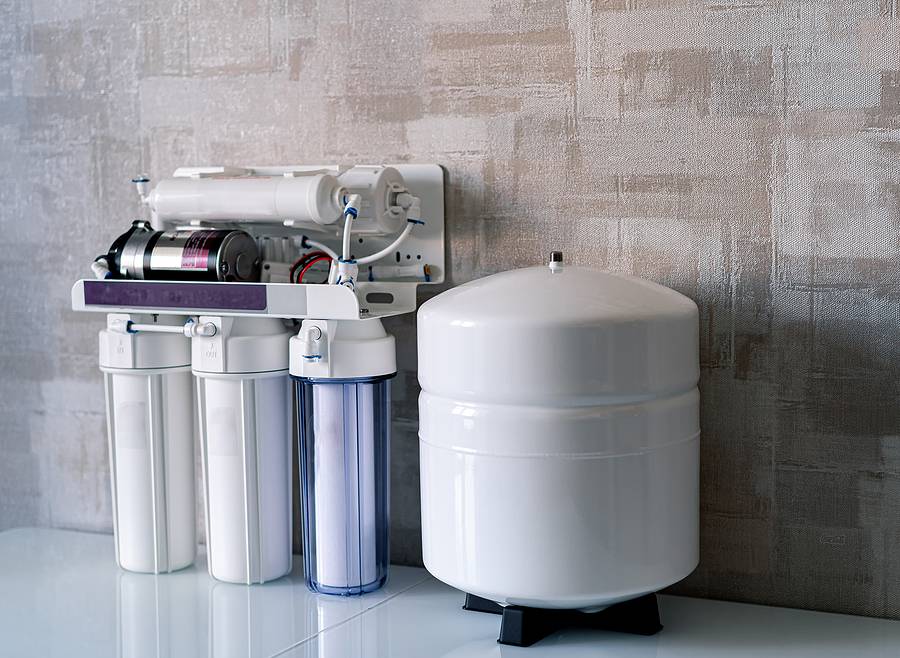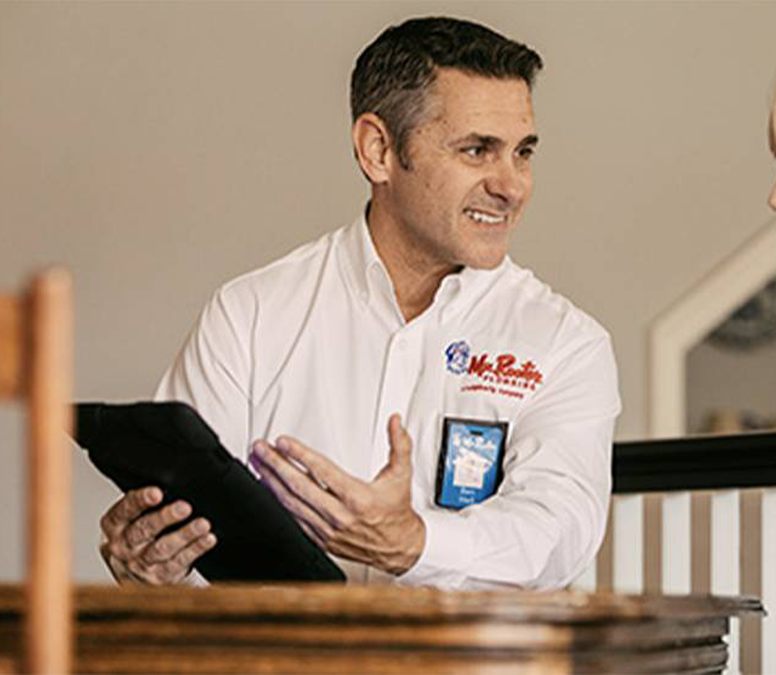Call This Wednesday to Get $50 Off Any service over $500
Do You Need a Local Plumber in Waco, TX?
Call us Now to Get $35 OFF.
Call This Wednesday to Get $50 Off Any service over $500
Do You Need a Local Plumber in Waco, TX?
Call us Now to Get $35 OFF.

In an era marked by growing concerns about water quality and the presence of contaminants, many people are turning to water filtration systems to ensure the purity of their drinking water. With a myriad of water filtration systems flooding the market, selecting the right one can be a daunting task. In this article brought to you by Mr. Rooter Plumbing, we want to provide you with a guide on how to choose the most suitable water filtration system for your needs.
If you’ve already decided on a system and need a uniformed plumber to handle the water filtration system installation, then call Mr. Rooter Plumbing to hire a trained professional. Our team is on standby to take your call today.
Before diving into the selection process, let’s understand the potential contaminants present in your water supply. Water can harbor a range of impurities including bacteria, viruses, heavy metals, chemicals, and sediments. Conducting a water quality test can help identify specific contaminants, enabling you to choose a filtration system tailored to your water's unique composition.

Different water sources may require distinct filtration methods. Whether you rely on municipal water, well water, or water from a natural source, understanding the characteristics of your water source is imperative. Municipal water often contains chlorine and other disinfectants, while well water may be prone to bacterial contamination and high mineral content. Tailoring your filtration system to address the specific challenges posed by your water source ensures optimal effectiveness.
There is a plethora of options available on the market, but some common types of water filtration systems include:
Different households have varying water purification requirements. Consider factors such as water usage, budget constraints, and the specific contaminants in your water when selecting a filtration system. If you are concerned about microbial contaminants, UV purifiers or RO systems may be more suitable. Alternatively, activated carbon filters may suffice for improving taste and odor.
Evaluate the practical aspects of installing and maintaining the chosen filtration system. Some systems require professional installation while others are designed for easy DIY installation. Additionally, consider the ongoing maintenance costs such as filter replacements and any necessary servicing. Opting for a system that aligns with your installation capabilities and maintenance preferences will contribute to a hassle-free experience.
Whether you need a professional water filtration system installation or plumbing service for an existing system, the professionals at Mr. Rooter Plumbing are here to help. Contact us today to speak with a knowledgeable member of our team and schedule a convenient appointment or request urgent assistance. We are ready when you are.
If your pipes have seen better days, you may have noticed frequent leaks, discolored water,…
No matter where you live in Texas, you know how unpredictable the weather can be.…
A common nuisance in many homes is a dishwasher that won’t drain, resulting in dirty…